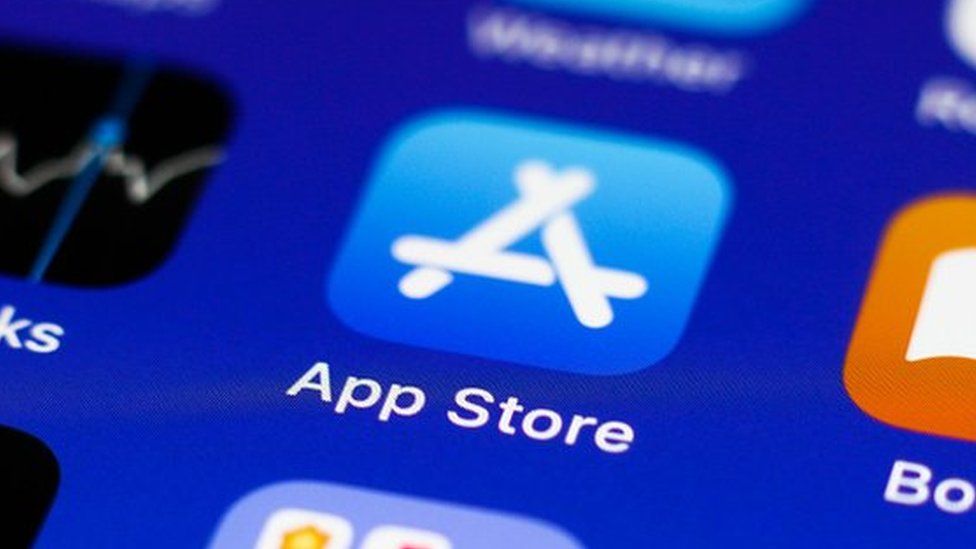-

-
-
Loading

Loading

Starting from March, Apple will permit the use of alternative app stores on its devices purchased in the European Union. Currently, users can only download apps from Apple's own App Store. The company has always argued that its rules are in place to protect users' security. However, Apple has faced accusations of creating a monopoly and depriving customers and developers of choice by funneling them through its own channels and charging developers high commissions of up to 30%. This has resulted in developers who fail to meet Apple's standards or don't want to pay fees being excluded from the millions of Apple device users. Although these changes won't apply to the UK for now, the Digital Markets Bill currently being considered by the UK Parliament is likely to subject Apple's practices to similar regulatory scrutiny. Notably, Epic Games, the creator of Fortnite, removed its popular game from the App Store due to disagreements with Apple's policies. However, in theory, this move could allow iPhone users in Europe to restore the Fortnite app through a different app marketplace. The introduction of these changes aligns with the EU's Digital Markets Act, which aims to regulate major companies that act as gatekeepers to services like search engines and app stores in order to promote a fairer market for both established and smaller firms. Additionally, Apple announced that EU users will have the option to opt out of using its Safari web browser from the first time they open it, opening up browser choice. Nevertheless, Apple cautioned that while it will set high standards for new alternative apps and stores, it believes this move will increase customers' exposure to security risks, such as malware, fraud, and hidden scams within apps from other sources. Apple stated that these changes are compliant with the requirements of the Digital Markets Act in the European Union and are meant to protect EU users from the inevitable privacy and security threats brought by this regulation. Apple is known for selling premium-priced products with a focus on enhanced security measures. Unlike Apple devices, Android devices already allow apps to be downloaded from a wider range of stores, but this has made them more susceptible to malware. The purpose of both the new EU rules and UK proposals is to foster open and competitive markets where multiple companies can operate successfully alongside one another.